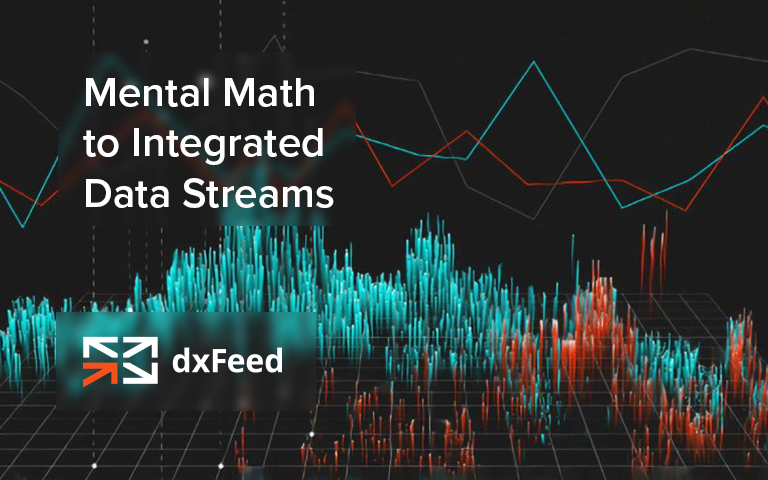
An index is like a combination between a bill of health and a bellwether for the market, it needs to operate efficiently, so that investors feel confident they are making the right moves. Perhaps the most well known index is the S&P 500, which is widely regarded by the financial world as the most precise representation of the stock market. There are, of course, many other different indices and agencies that design new formulas and publish new indices, all governed by separate rules and thus separate stages of maintenance, this is an ongoing process, where based on different components, analysts need to perform a particular set of actions for a given index.
Index management was laborious and complicated in the past, it still is at many exchanges. Analysts used to consult reams and reams of excel spreadsheets and source from raw data in order to do even the most basic maintenance. Thankfully those days are behind us and analysts working today can rely on index management platforms that work like a well oiled machine. The vast majority of tasks are taken care of automatically, and all that’s left for analysts is to sign off on production when the process is completed. When it comes to calculations, an electronic index management system can facilitate a centralised set of libraries, making it possible to access comparable calculations. In addition, users will no longer have to calculate aggregations on the back of a napkin, with this system all the data is at their fingertips.
Many tasks that, in the past, took several stages to complete are now streamlined. So, for example if an agency plans to create a new index, rather than setting up and backtesting it manually, an electronic management system will take care of that for the user. Furthermore, they can take advantage of integrated data streams.
For all this to work, the solution needs several key components, that include a common data layer, index scheduling and monitoring services. With all of the components in place, an electronic Index management system can offer a robust yet efficient service that allows users to a number of previously arduous tasks with ease; including diversifying portfolios and assessing investment decisions.
To read more about Index Management and what else we are working on in the field of market data delivery, check out the Devexperts Blog.